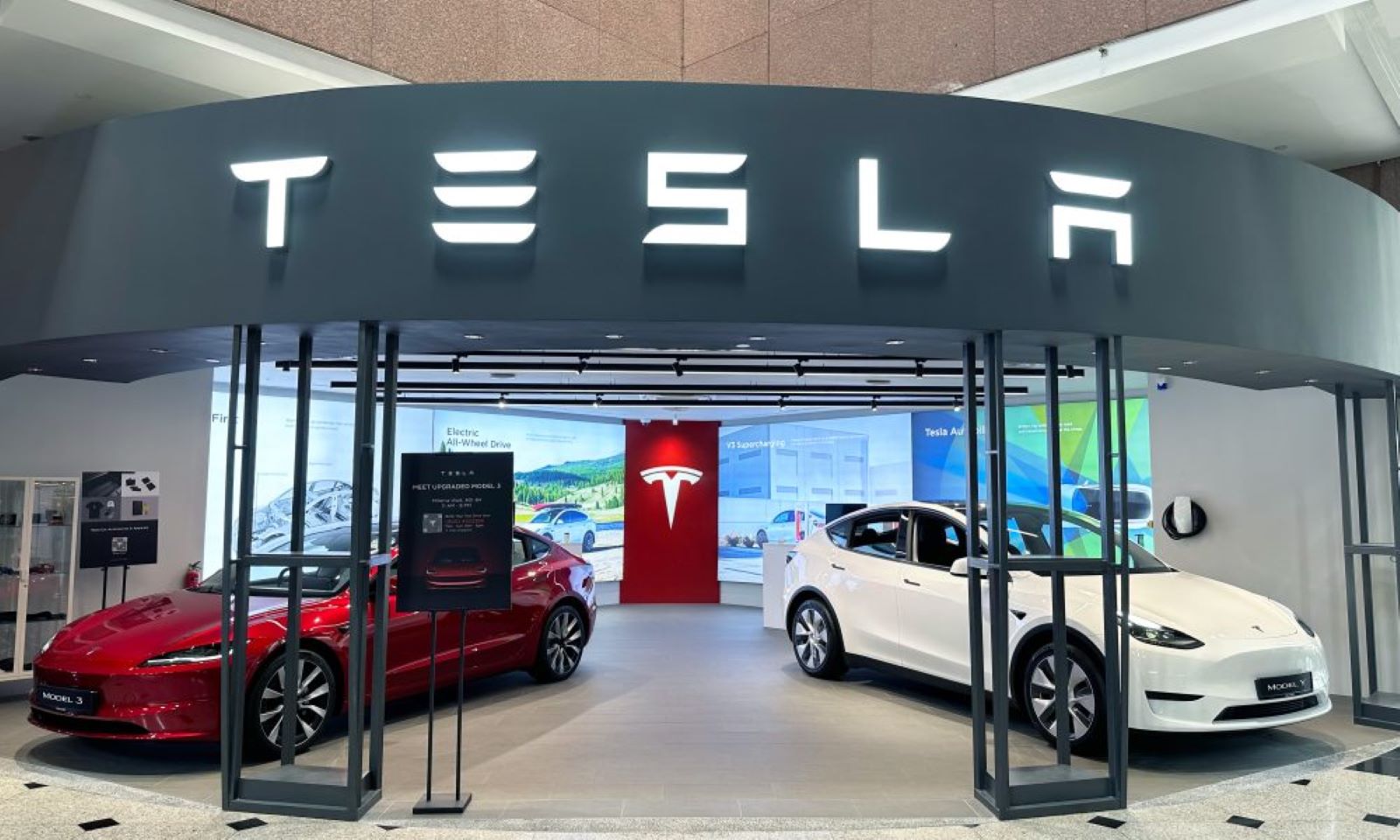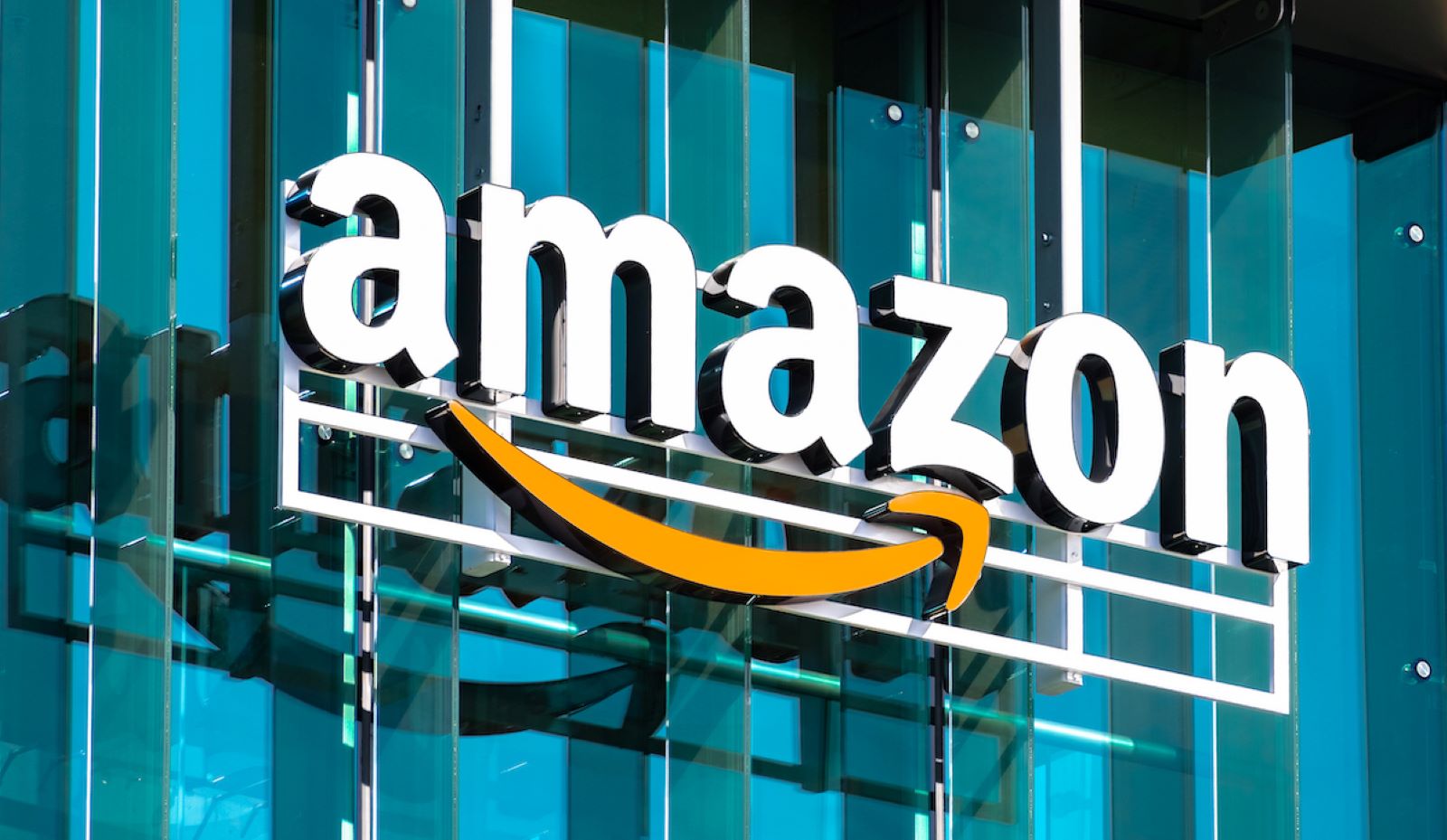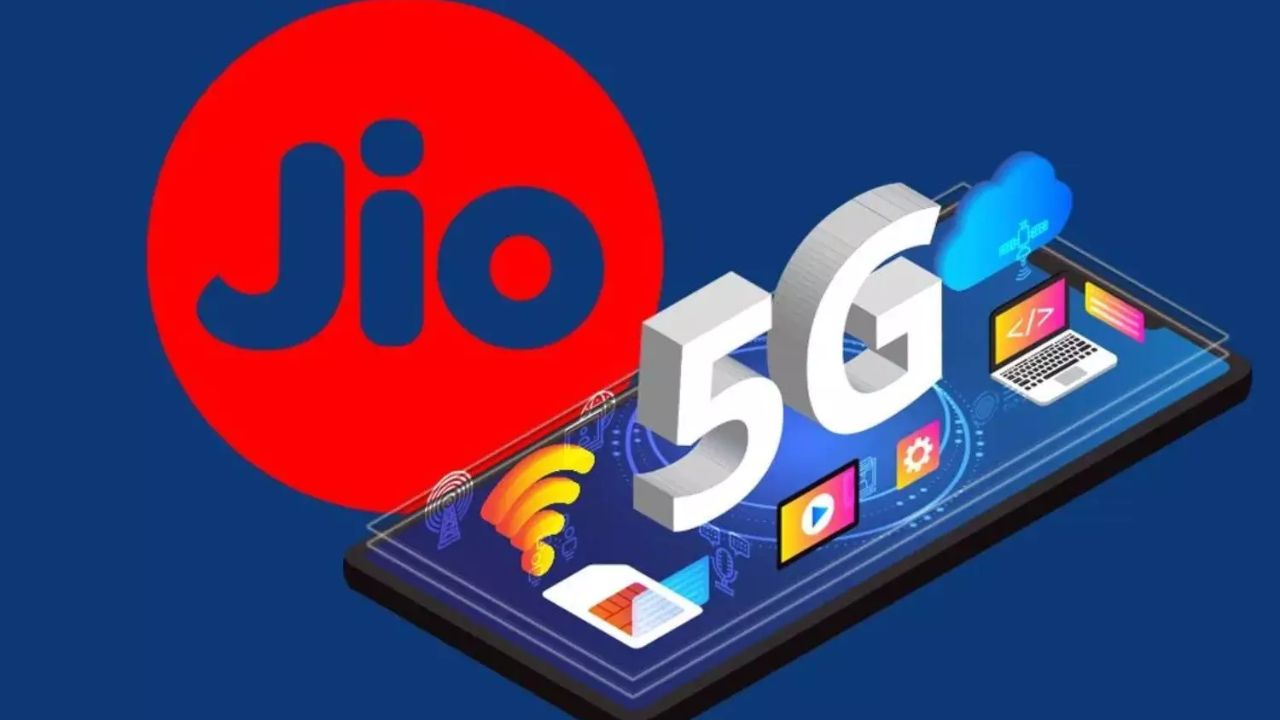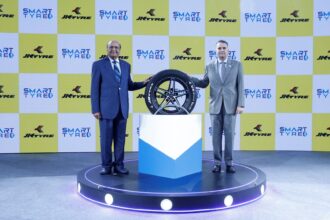Get ready, India! The long-awaited entry of electric vehicle titan Tesla into the Indian market is no longer a distant dream. Sources confirm that Tesla is poised to open its first showroom in Mumbai by mid-July, marking a pivotal moment for the nation’s burgeoning electric vehicle (EV) landscape. This move follows years of anticipation, policy discussions, and strategic planning, setting the stage for a new chapter in India’s automotive evolution. The initial launch will likely feature the highly acclaimed Tesla Model Y, imported from the company’s Shanghai Gigafactory, with plans for a second showroom in New Delhi to follow soon after.
Key Takeaways:
- Tesla’s first India showroom will open in Mumbai by mid-July 2025.
- The first model to be sold in India is expected to be the Tesla Model Y.
- A second showroom in New Delhi is planned to open shortly after the Mumbai launch.
- Tesla is importing Model Y units from its Shanghai Gigafactory for the initial launch.
- The entry follows significant policy developments regarding EV import duties and manufacturing commitments.
- Tesla is actively building its Supercharger network and hiring for various roles in India.
- The Indian EV market is experiencing substantial growth, with ambitious government targets for adoption.
After years of speculation and intricate negotiations, the moment Indian auto enthusiasts and environmental advocates have eagerly awaited is almost here. Tesla, the global leader in electric vehicles, is making its formal entry into India, with Mumbai’s bustling commercial hub selected as the location for its inaugural showroom. This development is not just about a new car brand arriving; it symbolizes a major shift in India’s mobility aspirations, pushing the nation further into the global electric revolution.
Years in the Making: The Road to India
Tesla’s journey to India has been characterized by careful deliberation and, at times, significant hurdles. For years, discussions primarily revolved around India’s high import duties on completely built units (CBUs), which made Tesla vehicles prohibitively expensive for most Indian consumers. Tesla CEO Elon Musk had openly advocated for a reduction in these duties to make their products more accessible.
A turning point arrived earlier this year, specifically in February 2025, when a crucial meeting took place between Elon Musk and Indian Prime Minister Narendra Modi. This high-level interaction appears to have paved the way for a resolution to long-standing issues surrounding import tariffs and local manufacturing requirements. Following this meeting, the Indian government introduced a new EV policy designed to attract global EV manufacturers. This policy offers reduced import duties, down from 100% to 15% for EVs priced over $35,000, provided the automaker commits to investing at least $500 million within three years to establish a manufacturing plant in India and commence local production. This strategic policy shift has clearly provided Tesla with the necessary framework to finally enter the market.
Mumbai First, Delhi Next: Showroom Rollout
The initial focus for Tesla’s retail operations will be Mumbai, with the showroom slated for a mid-July opening. This strategic choice of location, likely in a high-profile luxury business district, underscores Tesla’s premium brand positioning. Following the Mumbai launch, a second showroom in the national capital, New Delhi, is expected to open shortly thereafter. These showrooms will serve as crucial touchpoints for potential buyers, offering immersive experiences and a direct interface with Tesla’s cutting-edge technology.
Reports indicate that Tesla has already begun importing its vehicles, with at least five Tesla Model Y units arriving at Mumbai port. These units, which were declared at approximately ₹27.69 lakh (around $31,988), incurred over ₹21 lakh in import duties, highlighting the significant impact of tariffs on the final pricing. The Model Y, recognized globally as one of the best-selling electric cars, will be the first model available to Indian buyers. This choice is significant, as the Model Y offers a blend of performance, utility, and range that appeals to a broad segment of the premium EV market.
The Model Y: What India Can Expect
The Tesla Model Y is an all-electric, mid-size SUV that has seen immense success worldwide. While specific Indian market configurations and pricing will be announced closer to the launch, a general overview of its specifications offers insight into what consumers can expect.
The Model Y is known for its spacious interior, advanced technology, and impressive range. It typically comes in Rear-Wheel Drive (RWD) and Dual Motor All-Wheel Drive (AWD) configurations.
- Range: Depending on the variant, the Model Y offers an estimated range of over 500 kilometers on a single charge (WLTP cycle). For instance, the Long Range AWD variant can offer a range of approximately 530-545 km.
- Performance: The Model Y delivers rapid acceleration. The Long Range AWD variant can go from 0 to 100 km/h in under 5 seconds, while the Performance variant achieves this in approximately 3.7 seconds.
- Infotainment: A prominent 15-inch central touchscreen display serves as the control hub for nearly all vehicle functions, from navigation and climate control to entertainment and software updates.
- Safety: Tesla vehicles are renowned for their safety features, consistently achieving high safety ratings. The Model Y incorporates a robust body structure, multiple airbags, and a suite of active safety features, including Automatic Emergency Braking, Lane Keep Assist, and Collision Avoidance.
- Autopilot: Standard Autopilot features enable the vehicle to steer, accelerate, and brake automatically within its lane. Full Self-Driving (FSD) capability, which offers advanced autonomous features, is an optional upgrade.
- Charging: The Model Y is compatible with Tesla’s Supercharger network, allowing for rapid charging. A 15-minute Supercharge can add hundreds of kilometers of range.
The Model Y’s expected price in India is anticipated to be around $56,000 (approximately ₹49 lakh, ex-showroom), which is considerably higher than its U.S. price of $44,990 before tax credits. This price difference underscores the continued challenge of import duties, even with the recent reductions.
Building the Ecosystem: Charging Infrastructure and Workforce
Tesla’s entry is not limited to selling cars; it involves establishing a comprehensive ecosystem. A crucial component of this is the Supercharger network, Tesla’s proprietary fast-charging infrastructure. Tesla has already started importing components for its Supercharger stations in major metropolitan areas, indicating a commitment to developing a robust charging network that is essential for long-distance EV travel. Globally, Tesla boasts the largest fast-charging network, with tens of thousands of Superchargers. The expansion of this network in India will be pivotal to addressing range anxiety and accelerating EV adoption.
Beyond charging, Tesla is actively building its team in India. The company has been posting numerous job openings, including roles in retail, sales, service, and charging infrastructure development. The hiring of charging developers, tasked with identifying and evaluating potential sites, negotiating agreements, and managing relationships with property owners and governmental bodies, signals Tesla’s hands-on approach to building out its infrastructure. This local workforce will be essential for managing operations, providing customer support, and adapting to the specific demands of the Indian market.
India’s Electric Dream: Market Opportunities and Challenges
Tesla’s entry comes at a time when India’s EV market is experiencing rapid growth. While still a relatively small percentage of the overall automotive market (around 2.5% of total passenger vehicle sales in 2024), the trajectory is sharply upward. The Indian government has set ambitious targets, aiming for EVs to constitute 30% of total passenger vehicle sales by Fiscal Year 2030. Various initiatives, such as the Faster Adoption and Manufacturing of (Hybrid and) Electric Vehicles in India (FAME) scheme and Production Linked Incentive (PLI) scheme, are designed to boost domestic manufacturing and adoption.
The electric vehicle industry in India is forecast to grow at a Compound Annual Growth Rate (CAGR) of 57.3% from 2025 to 2034, with the market size projected to reach around $1,053.10 billion by 2034. This growth is driven by increasing awareness of environmental issues, government support, and the narrowing price gap between EVs and internal combustion engine (ICE) vehicles.
However, Tesla faces specific challenges in India. The Indian automotive market is notably price-sensitive. While the new EV policy reduces import duties, Tesla’s vehicles will still be positioned as premium offerings, competing with established luxury brands. Domestic manufacturers like Tata Motors and Mahindra already dominate the affordable EV segment with popular models like the Nexon EV and XUV400. Tesla will need to convince Indian consumers of the value proposition of its premium EVs and potentially explore lower-priced models or financing solutions in the future to capture a larger market share.
Another challenge is adapting to India’s diverse road conditions. While Tesla vehicles excel on smooth roads, the varied and sometimes challenging road infrastructure in India could require specific considerations in terms of ground clearance and suspension tuning.
Despite these challenges, the opportunities are substantial. India’s large and growing middle class, coupled with a strong push for sustainable mobility, presents a significant untapped market for Tesla. The company’s brand appeal, advanced technology, and commitment to building charging infrastructure could serve as a catalyst for further EV adoption and the development of the overall EV ecosystem in India.
The opening of Tesla’s first showroom in Mumbai by mid-July is more than just a business expansion; it is a symbol of India’s readiness to embrace advanced automotive technology and accelerate its transition to a cleaner, electric future. The journey ahead for Tesla in India will be watched closely, as it navigates a dynamic market with immense potential.
Frequently Asked Questions (FAQ)
Q1: When is the first Tesla showroom opening in India?
A1: The first Tesla showroom in India is expected to open by mid-July 2025 in Mumbai.
Q2: Which Tesla model will be launched first in India?
A2: The Tesla Model Y, an all-electric mid-size SUV, is expected to be the first model launched and sold in India.
Q3: Where will Tesla’s second showroom in India be located?
A3: Following the Mumbai launch, a second Tesla showroom is planned to open in New Delhi shortly thereafter.
Q4: Will Tesla manufacture cars in India?
A4: India’s new EV policy encourages foreign manufacturers to invest at least $500 million in local manufacturing within three years to qualify for reduced import duties. Tesla’s long-term plans for manufacturing in India are likely contingent on market performance and policy continuity.
Q5: What is the expected price range of the Tesla Model Y in India?
A5: While official pricing will be announced closer to the launch, the Tesla Model Y is anticipated to be priced around $56,000 (approximately ₹49 lakh, ex-showroom) in India for the initial imported units.
Q6: How will Tesla address charging infrastructure in India?
A6: Tesla is actively importing components and plans to establish its Supercharger fast-charging network in major Indian cities to support its vehicles.
Q7: What are the main challenges for Tesla in the Indian market?
A7: Key challenges include the price sensitivity of the Indian market, high import duties (even with recent reductions), and competition from established local EV manufacturers offering more affordable models.
Q8: What is the significance of Tesla’s entry into the Indian EV market?
A8: Tesla’s entry is a significant milestone that is expected to accelerate EV adoption in India, introduce advanced EV technology, and further stimulate the growth of the country’s electric vehicle ecosystem.


















